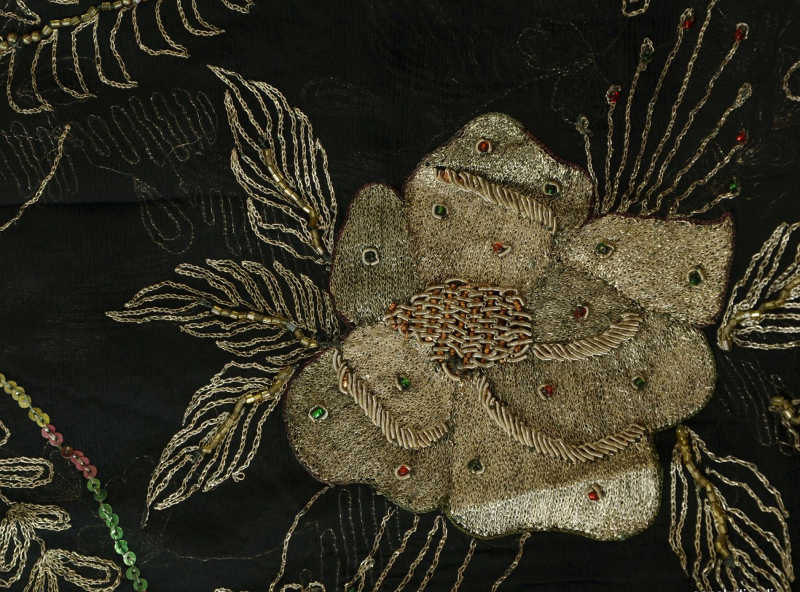===
0949,
11
===

=== |
 |
((iva.z : 'A compensation, an amends, a return, recompense, requital, retaliation, retribution'. (Platts p.766)
;xa.smii-e jaanii : 'Mortal enmity'. (Platts p.490)
FWP:
SETS == KYA
MOTIFS == SWORD
NAMES
TERMSFor discussion of this ghazal as a whole, see {949,1}.
Here ((iva.z works most elegantly, because it can mean (see the definition above) either a kind of award ('compensation, amends') or a punishment ('retaliation, retribution'). So of course it combines perfectly with the 'kya effect' to yield several possible readings: an affirmative exclamation ('What an award/punishment its mortal enmity was!'), or an indignant rejection ('As if its mortal enmity was an award/punishment!') or an interrogative effect ('Was its mortal enmity an award/punishment?' or 'What kind of award/punishment was its mortal enmity?').
If we have four such possibile readings, and two possible meanings of ((iva.z , we have at least eight permutations here. Any ghazal-enjoyer can think of reasons for the lover to be delighted at the 'award' of such a death, or vexed at the 'punishment' of such a quick death (with no chance to enjoy the sight of the beloved), and so on and so on. This is certainly another verse with more going on in it than 'mood'.
Here the sword itself, not the beloved, is clearly said to feel the 'mortal enmity'. So the verse also invites us to reflect on whether the sword is truly an independent agent, or is acting on behalf of the beloved, or in fact is passively wielded by the beloved (despite the mad lover's wild paranoia about it).
The grammar has been so arranged that the us kii describes the 'mortal enmity' of the sword as a habitual condition: it 'used to fall/strike' [pa;Rtii thii]. So there's no reference to any particular target of the sword's enmity, and thus no indication whether 'he', or 'Mir', is dead or alive; in fact the verse could describe the death of any lover(s) rather than some particular one.